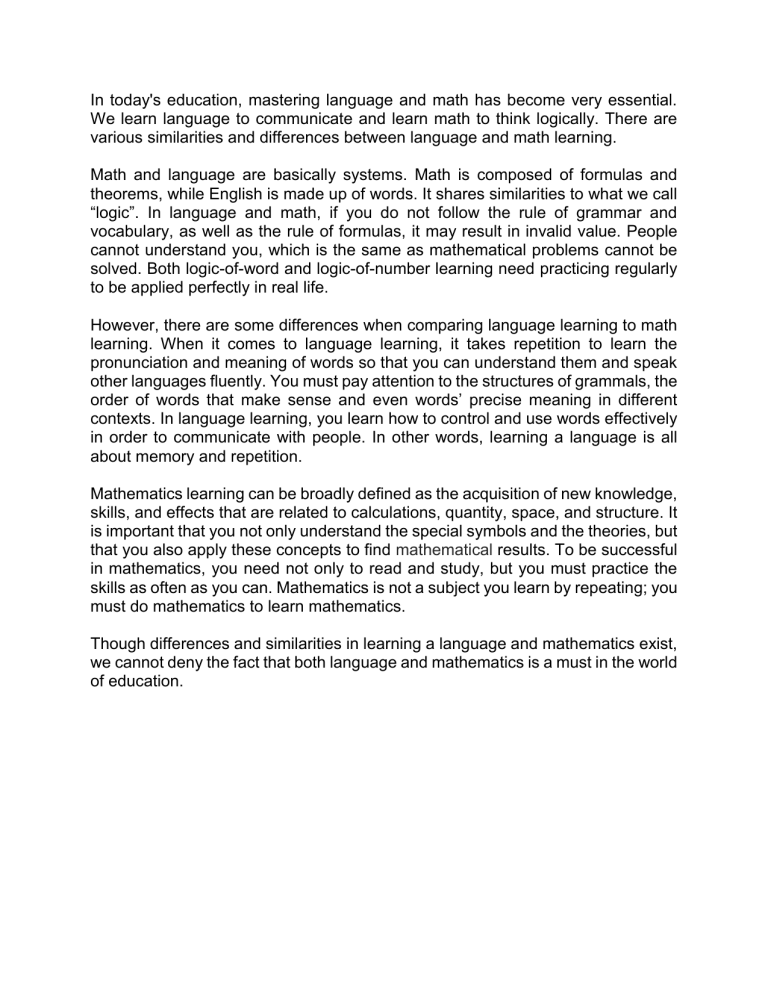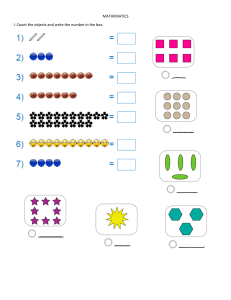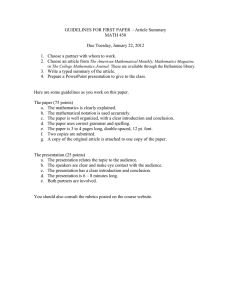
In today's education, mastering language and math has become very essential. We learn language to communicate and learn math to think logically. There are various similarities and differences between language and math learning. Math and language are basically systems. Math is composed of formulas and theorems, while English is made up of words. It shares similarities to what we call “logic”. In language and math, if you do not follow the rule of grammar and vocabulary, as well as the rule of formulas, it may result in invalid value. People cannot understand you, which is the same as mathematical problems cannot be solved. Both logic-of-word and logic-of-number learning need practicing regularly to be applied perfectly in real life. However, there are some differences when comparing language learning to math learning. When it comes to language learning, it takes repetition to learn the pronunciation and meaning of words so that you can understand them and speak other languages fluently. You must pay attention to the structures of grammals, the order of words that make sense and even words’ precise meaning in different contexts. In language learning, you learn how to control and use words effectively in order to communicate with people. In other words, learning a language is all about memory and repetition. Mathematics learning can be broadly defined as the acquisition of new knowledge, skills, and effects that are related to calculations, quantity, space, and structure. It is important that you not only understand the special symbols and the theories, but that you also apply these concepts to find mathematical results. To be successful in mathematics, you need not only to read and study, but you must practice the skills as often as you can. Mathematics is not a subject you learn by repeating; you must do mathematics to learn mathematics. Though differences and similarities in learning a language and mathematics exist, we cannot deny the fact that both language and mathematics is a must in the world of education.

